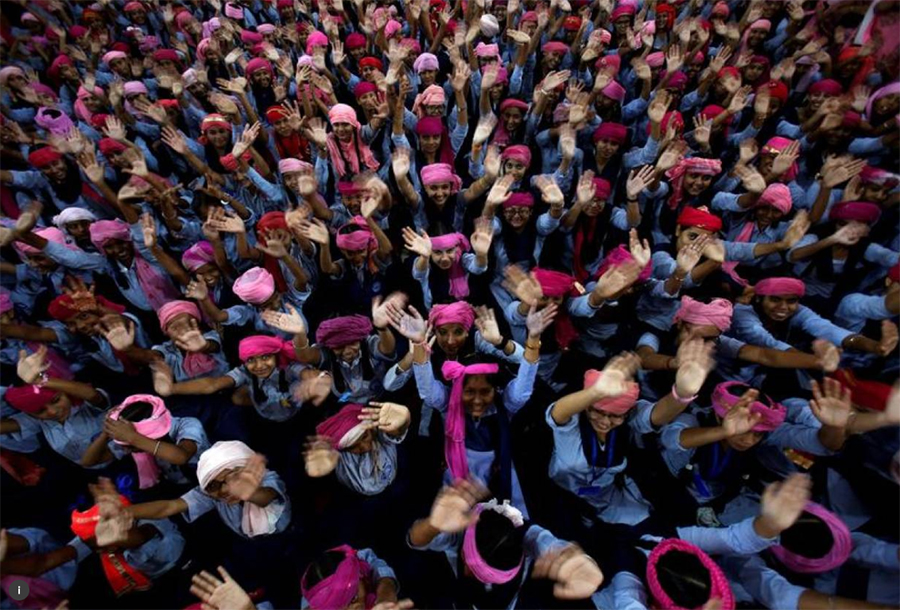by Kailash Satyarthi | @k_satyarthi | Kailash Satyarthi Children’s Foundation

While in the last decades the world has made progress on many fronts, millions of children are still far from freedom, safety and education
Kailash Satyarthi is Nobel Peace Laureate.
I had kept a vacant chair in the front row of the Nobel Peace Prize Ceremony at Oslo in 2014. That chair represented millions of children who are languishing in slavery, exploitation and violence in our modern world.
My Nobel Peace Prize, announced exactly five years ago today, overnight shone the global spotlight on these children for whom I had been fighting for since 1980.
It was an important step when child labour, trafficking, forced labour, slavery and all forms of violence against children were incorporated in the United Nations 2030 Agenda for Sustainable Development.
But while in the last decades the world has made progress on many fronts, millions children are still far from freedom, safety and education. Last fortnight, when the world leaders gathered for a high-level U.N. summit in New York, they did not even mention them.
If the world moves in business-as-usual mode, there will still be 121 million child labourers by the end of 2025, 225 million children and youth will not be attending school by 2030, and 6% of the world’s population (half of which are children) will still be reeling under extreme poverty.
Though youth mobilization for climate change took the centre-stage at the U.N. General Assembly, the real concern for children who are worst affected by the climate crisis was clearly absent. According to the U.N., some 2,500 people are displaced every day by weather-related disasters, with the numbers of children likely to be many times higher.
According to a recent study, we are 43 years behind schedule in our progress towards Sustainable Development Goals (SGDs).
Unless we treat this as an emergency, we will fail our children once again. The Sustainable Development Agenda cannot be accomplished without achieving children-related goals.
So, what exactly needs to be done?
Firstly, enhancing financing for children is the need of the hour. UN estimates the cost of achieving the SDGs in trillions of dollars. Likewise, clear and adequate budget for achieving children-related goals should be chalked and implemented at national and global levels.
Secondly, a holistic approach in dealing with all children-related development goals is key for achieving the SDGs.
I strongly suggest that all U.N. agencies working on various aspects for children, including U.N. children’s agency UNICEF and refugee agency UNHCR, form a global task force focusing on achieving goals related to children in a time-bound and accountable manner.
At national levels it is important to set up inter-ministerial taskforces with action plans for protecting the rights of all children.
Currently the progress of SDGs is tracked through voluntary reviews where countries can conveniently cherry pick the indicators they wish to report upon, as a result of which several important aspects related to freedom, safety, health and education of children are left out.
Therefore, it is important that the reviews are made mandatory to assess time-bound progress on all indicators with proper accountability.
It is high time the world finally addresses child labour, trafficking of children, poverty, malnutrition, and denial of education in a holistic way.
Thirdly, the world badly needs children rights champions at regional, national and international levels. Unless spirited leaders own up the cause of children and inspire the world through their work, Agenda 2030 will remain a charter of wishful thinking.
Fourthly, denial of children’s rights, and violence perpetuated on children are crimes for which there are laws both at national and international levels, which should be enforced in letter and spirit.
Last but not the least, the world needs to realise that even one child trapped in slavery and violence is one too many.
We have to be honest, bold, responsible and compassionate to prevent our children from falling off the development agenda.
————————
*Article originally published in Thomson Reuters Foundation News
